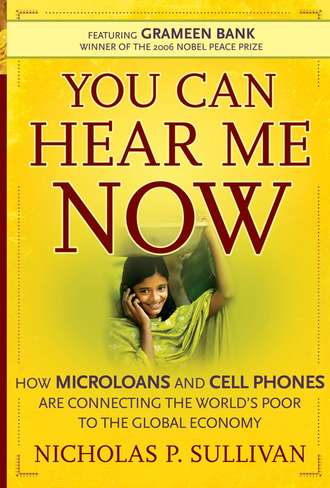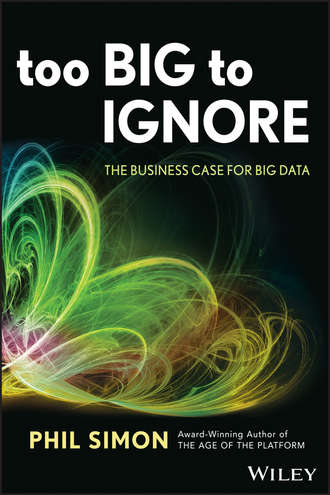You Can Hear Me Now. How Microloans and Cell Phones are Connecting the World's Poor To the Global Economy
Nicholas Sullivan P.
Bangladeshi villagers sharing cell phones helped build what is now a thriving company with more than $200 million in annual profits. But what is the lesson for the rest of the world? This is a question author Nicholas P. Sullivan addresses in his tale of a new kind of entrepreneur, Iqbal Quadir, the visionary and catalyst behind the creation of GrameenPhone in Bangladesh. GrameenPhone—a partnership between Norway's Telenor and Grameen Bank, co-winner of the 2006 Nobel Peace Prize—defines a new approach to building business opportunities in the developing world. You Can Hear Me Now offers a compelling account of what Sullivan calls the «external combustion engine»—a combination of forces that is sparking economic growth and lifting people out of poverty in countries long dominated by aid-dependent governments. The «engine» comprises three forces: information technology, imported by native entrepreneurs trained in the West, backed by foreign investors.
- Категория: зарубежная деловая литература
- Правообладатель: John Wiley & Sons Limited
- Возрастное ограничение: 0+
- ISBN: 9780787994631
- Легальная стоимость: 2758.46 руб.





